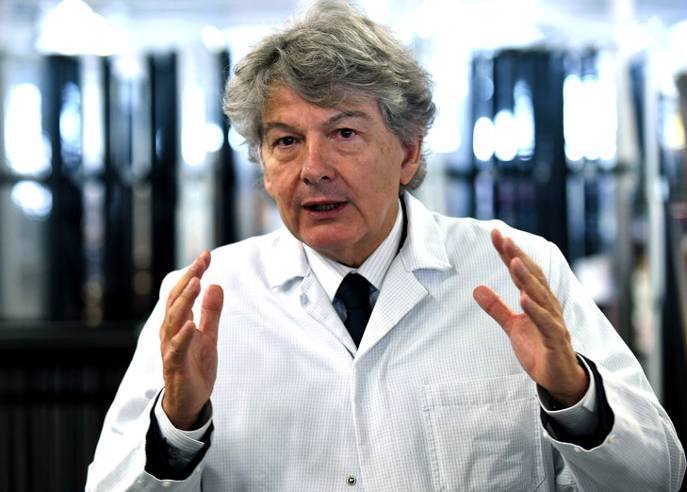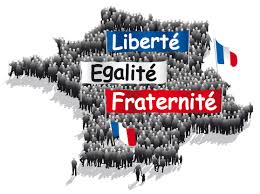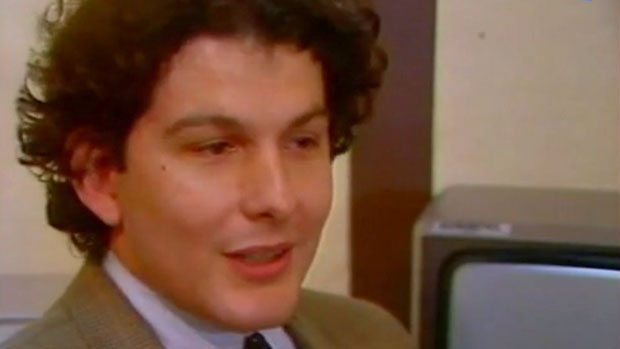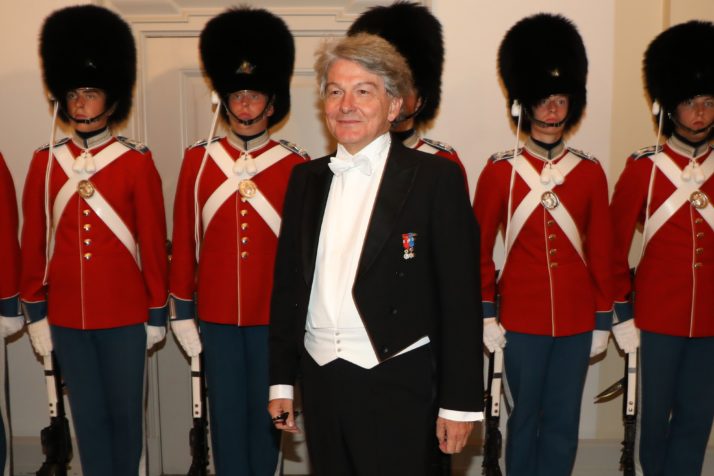
IN the course of a high-profile career which has spanned the worlds of business and politics since the 1990s, Thierry Breton has grown accustomed to rubbing shoulders with the great and good of the French elite.
"He's more of a second-rank "non-commissioned officer", a hands-on “man of action” and ruthless "cost-killer" who is not afraid to get his hands dirty and who gets called in by the generals to act as a hatchet-man when there's a job to be done."Unlike his political patrons from UMP circles, Jacques Chirac, Dominique de Villepin and, more recently, Emmanuel Macron, Breton is not a graduate of the illustrious Ecole Nationale d'Administration and so he does not belong to the uppermost echelons of the French administrative and political elite.
He's more of a second-rank "non-commissioned officer", a hands-on “man of action” and ruthless "cost-killer" who is not afraid to get his hands dirty and who gets called in by the generals to act as a hatchet-man when there's a job to be done.

A hands-on “man of action” and ruthless "costkiller" who gets called in to act as a hatchet-man when there's a job to be done.
"Breton's career got off to an inauspicious start when he failed his entrance exams to the grandes écoles, France’s elite institutions of higher education."Breton is probably best understood as a state-sponsored entrepreneurial poster-boy whose renommé has been carefully built up and inflated to mythical proportions by the political establishment.
This iconic figure is wheeled out at regular intervals as part of a public spectacle designed to maintain the carefully cultivated façade of a meritocratic land of “Liberté, Egalité and Fraternité” which masks the ugly truth of the rule by stealth of a patrician plutocratic elite.

The Land of Liberty, Equality and Fraternity where some animals are more equal than others.

Young Thierry failed to make the grade for the elite grandes écoles.
"Instead he had to make do with attending the far less prestigious Ãâ°cole Supérieure d'Ãâ°lectricité for engineering in Paris from where he went on to teach mathematics and information technology at the Lycée Francais, a French high school in New York City, from 1979 to 1981."His first foray into the business world came in 1981, when he became chairman and CEO of Forma Systèmes, a systems-analysis and software-engineering concern, where he remained until 1986.
He then took a position as a consultant to the French Ministry of Education and Research and from 1986 to 1990 he occupied himself designing the Futuroscope open-air science and technology theme park in Poitiers under the patronage of the prominent Gaullist politician René Monory.
In 1990 Breton became the CEO of CGI Group, a service-development company. He stayed at CGI until 1993, when he got his first big break as the French government hired him to become deputy director of the Bull Group, the troubled French computer manufacturer.
Breton's restructuring brought the company back from the brink of bankruptcy and it allowed the young executive to claim his first successful corporate recovery.
"After taking over at Thomson, he closed low-performing factories in Germany and the U.S., moving production to Latin America and Eastern Europe, and he slashed U.S. management ranks by 20 percent."In 1997 Breton was named chairman and CEO of France's Thomson Multimedia, a government-owned consumer-electronics company that sold televisions and VCRs under the Thomson, Kenwood, and RCA names and which was tottering on the verge of collapse.
A year before his appointment, Thomson had been in such a shambles that France's prime minister had failed in his efforts to unload the company on the South Korean Daewoo for a single franc.
Breton was an aggressive CEO and he quickly gained a name as a ruthless “cost-killer” who was not afraid to face down objections to his plans.
After taking over at Thomson, he closed low-performing factories in Germany and the U.S., moving production to Latin America and Eastern Europe, and he slashed U.S. management ranks by 20 percent.
He used share offerings to generate case and also diversified the company's businesses, bringing Thomson into interactive television, electronic publishing, and the Internet, as well as the higher-margin business of digital film-editing services.
"Some industry analysts believed that Breton received too much credit for the Thomson turnaround, saying the company's recovery had more to do with agreements made before Breton came on board."By 1999 Thomson was turning a $230 million profit on sales of $6.5 billion. By the time Breton left in 2002, revenues had increased by more than 80 percent and Thomson was outperforming Sony, Matsushita, and Philips, its major consumer-electronics competitors.
Some industry analysts believed that Breton received too much credit for the Thomson turnaround, saying the company's recovery had more to do with agreements made before Breton came on board.
For instance, when Thomson bought RCA from General Electric in 1988, the French company agreed to let General Electric keep RCA's patents for 10 years as part of the purchase agreement. Thomson started to reap significant revenues from these patents from 1999 onwards. By 2001, patents and licensing earnings were generating € 398.8 million for the company.
Breton dismissed his critics by insisting that the Thomson's recovery was due to his reorganisation plans and that it had been under way well before the RCA patent revenues started coming in.
Others criticized Breton for the problems the computer-maker Bull Group ran into during the early 2000s, suggesting that the troubles stemmed from Breton's earlier tenure at the helm of that company.
But whatever the truth may be, Breton had succeeded in cementing his reputation in the public eye as France's "turnaround king".

By 2002 Breton's reputation as France's "turnaround king" was firmly established.